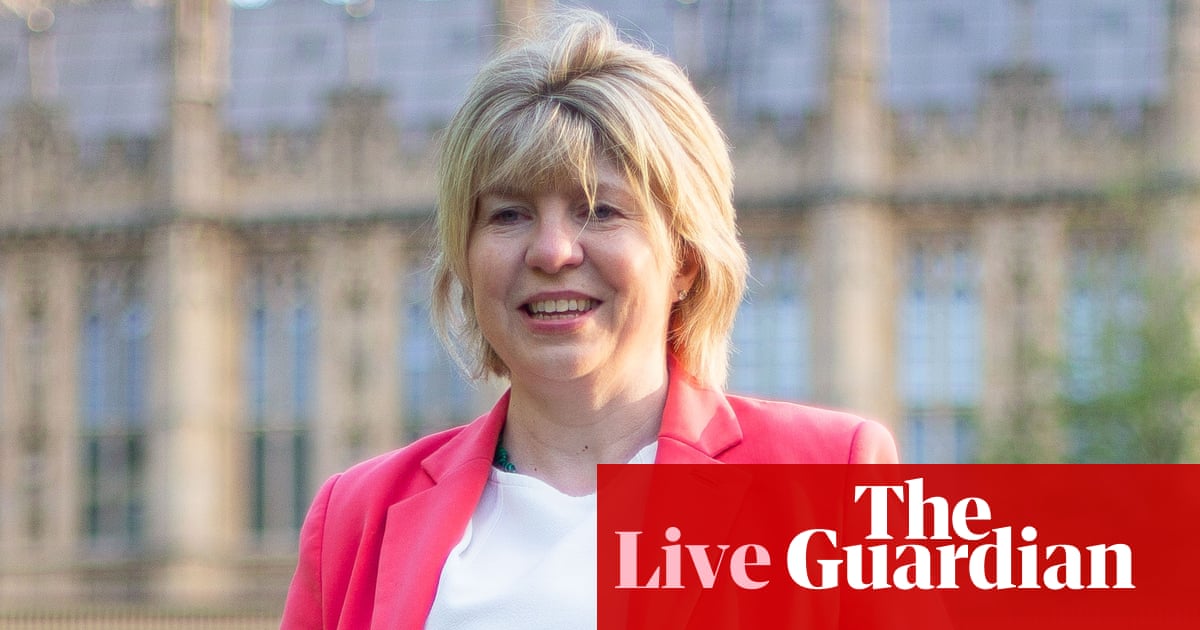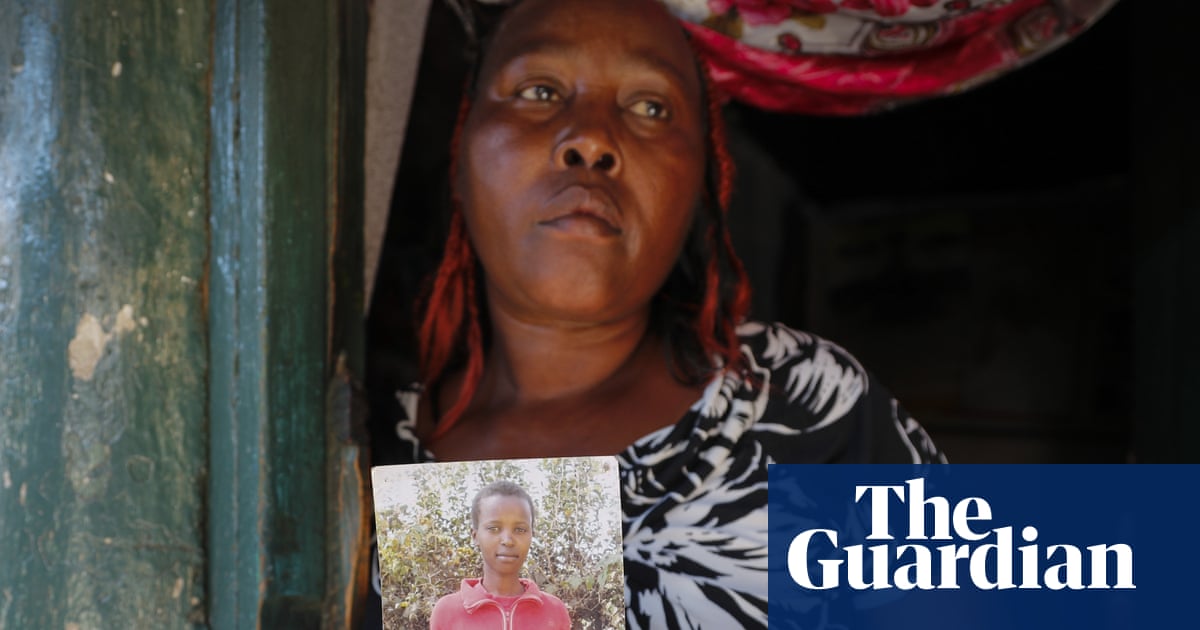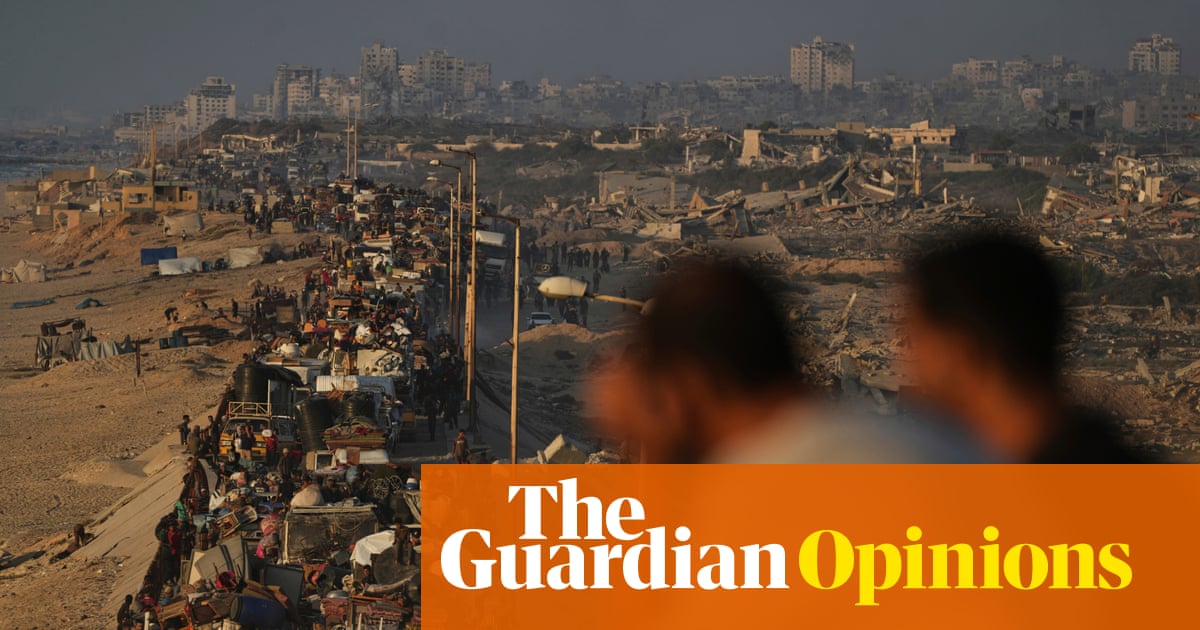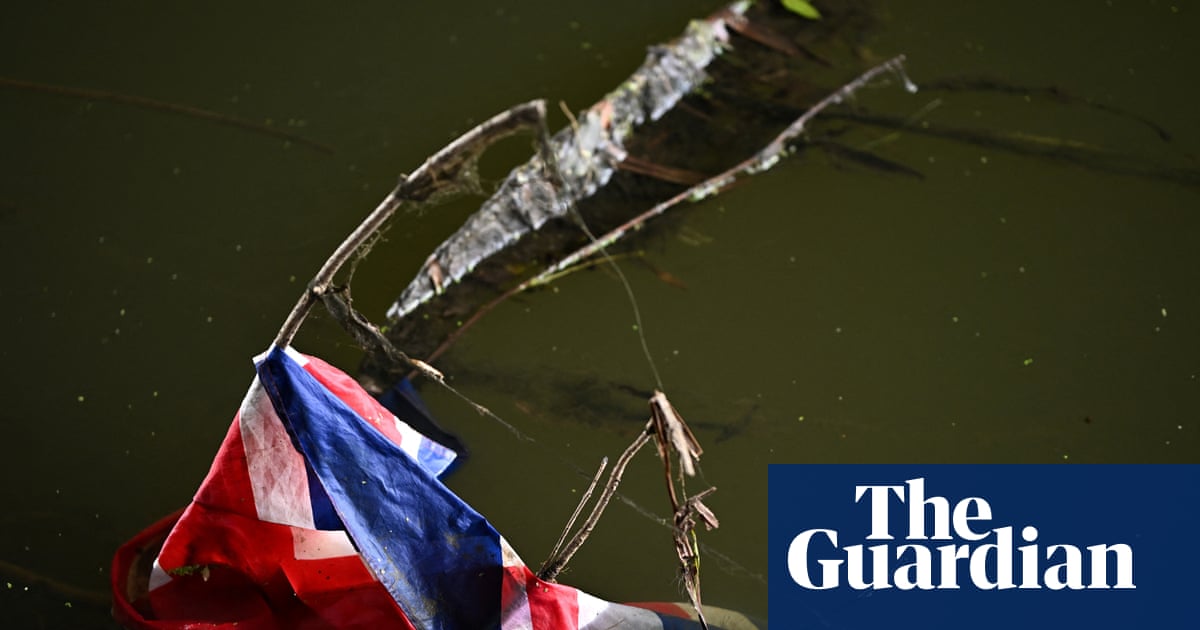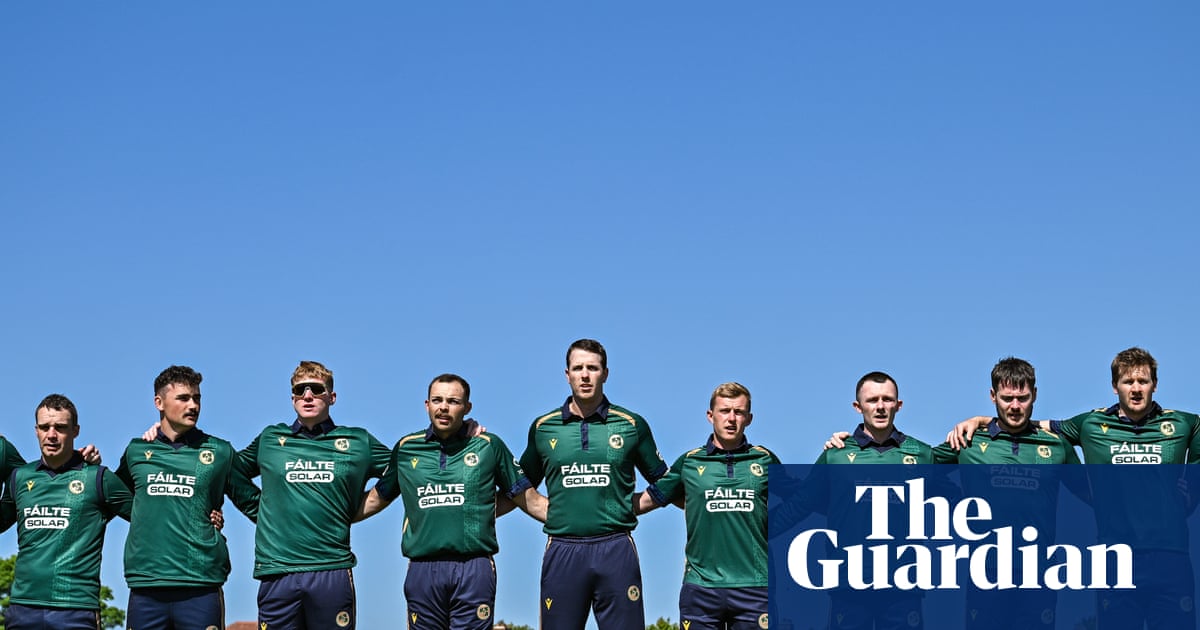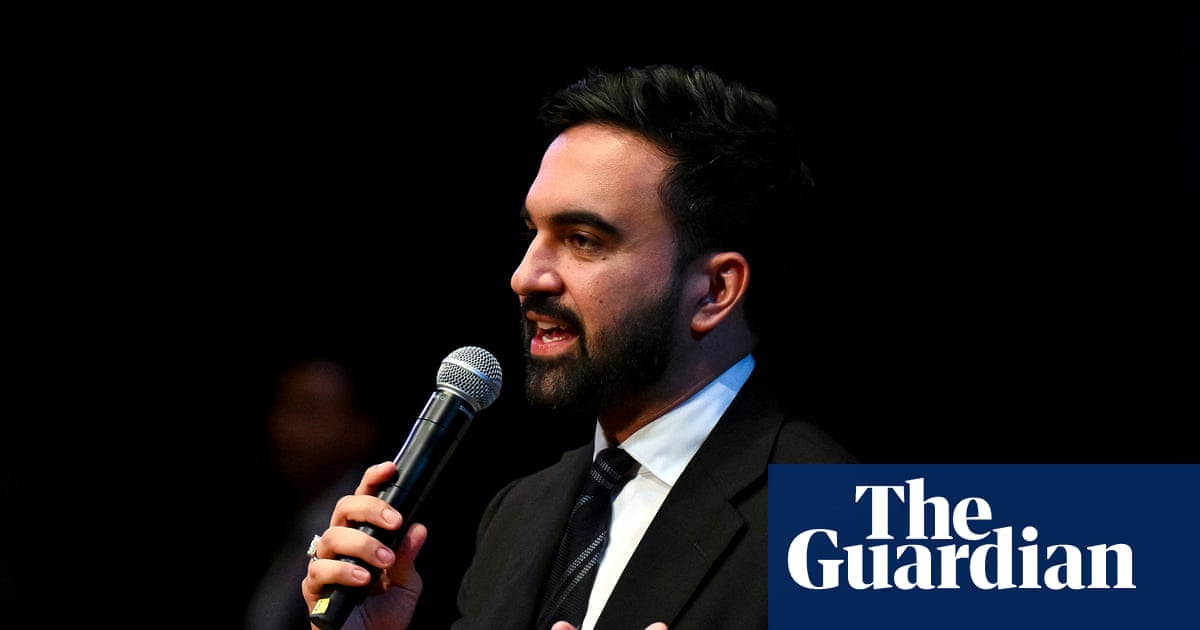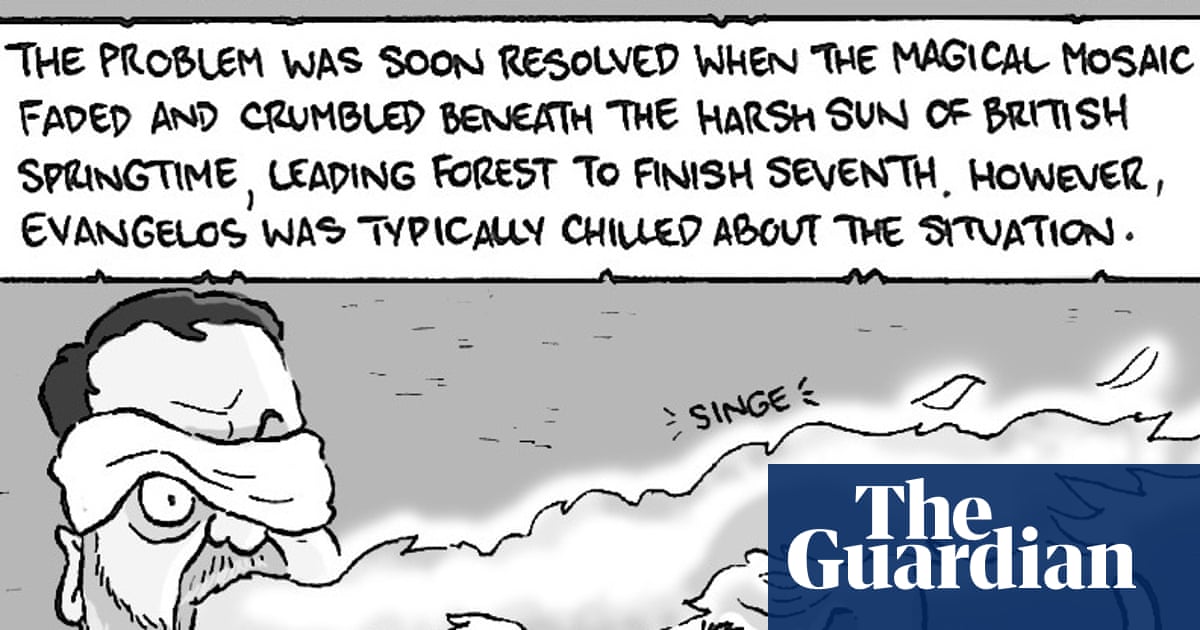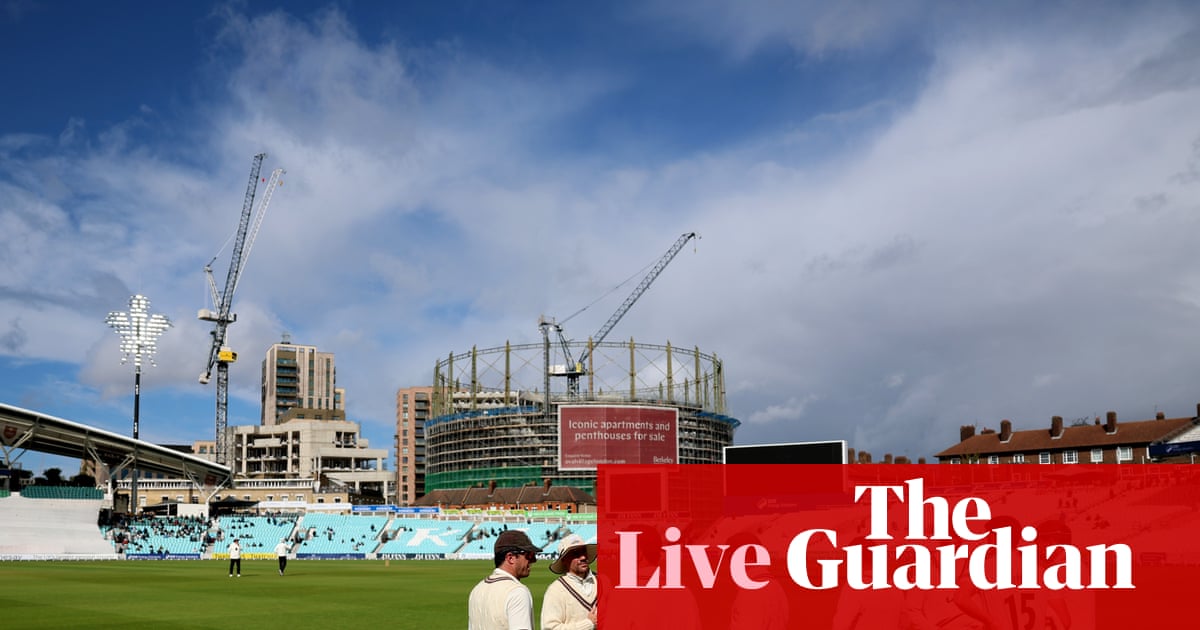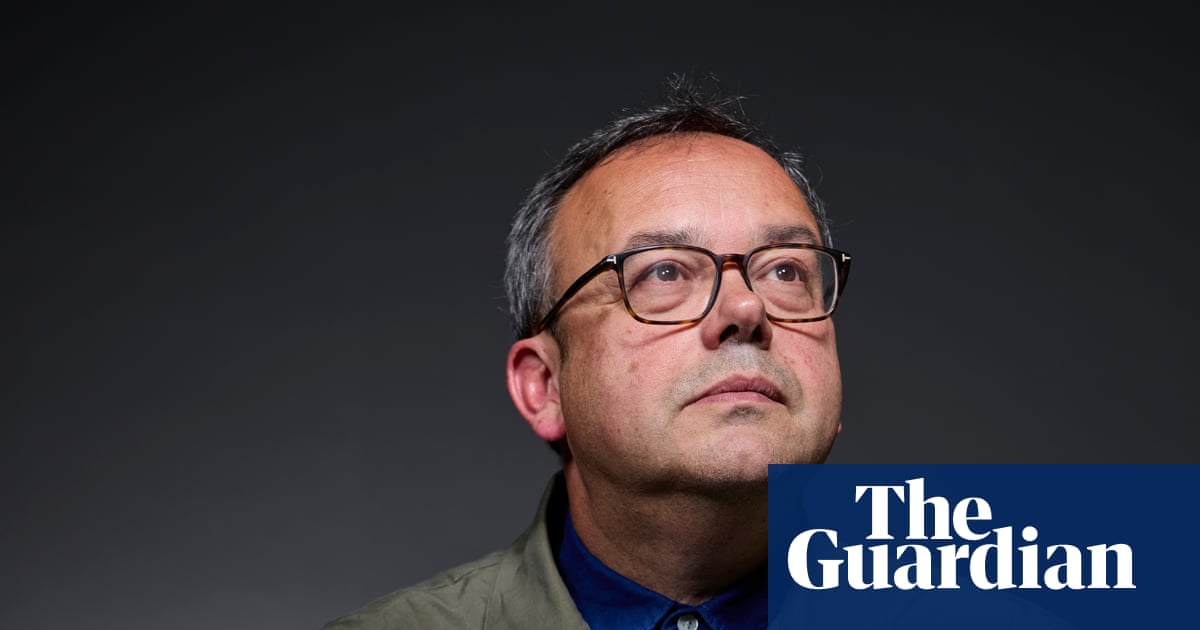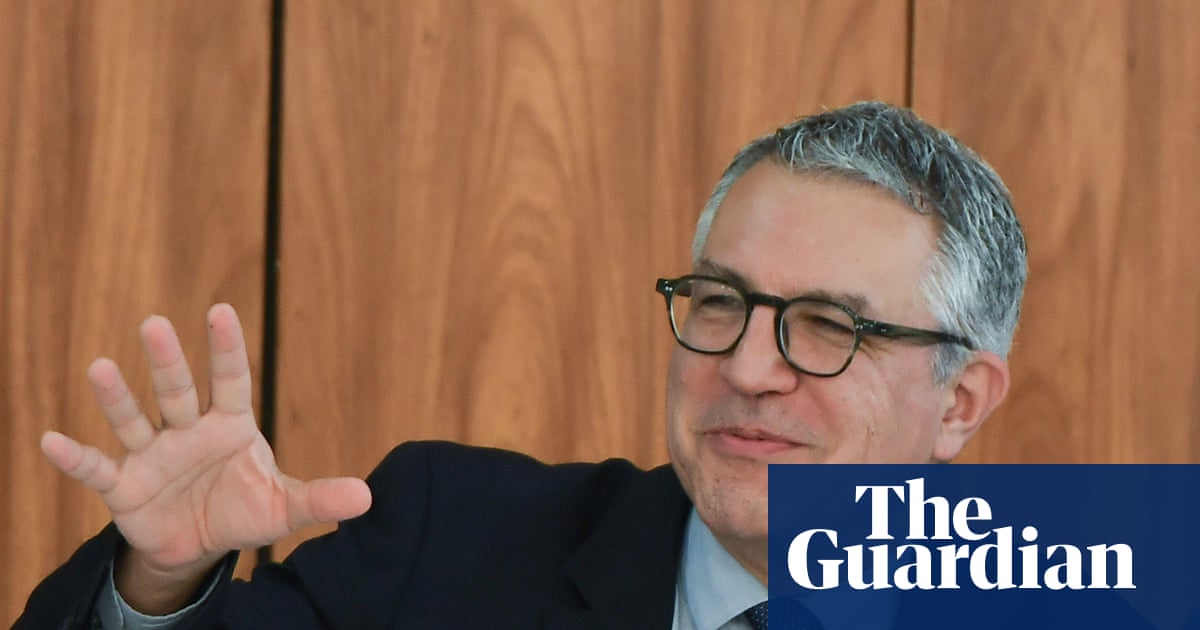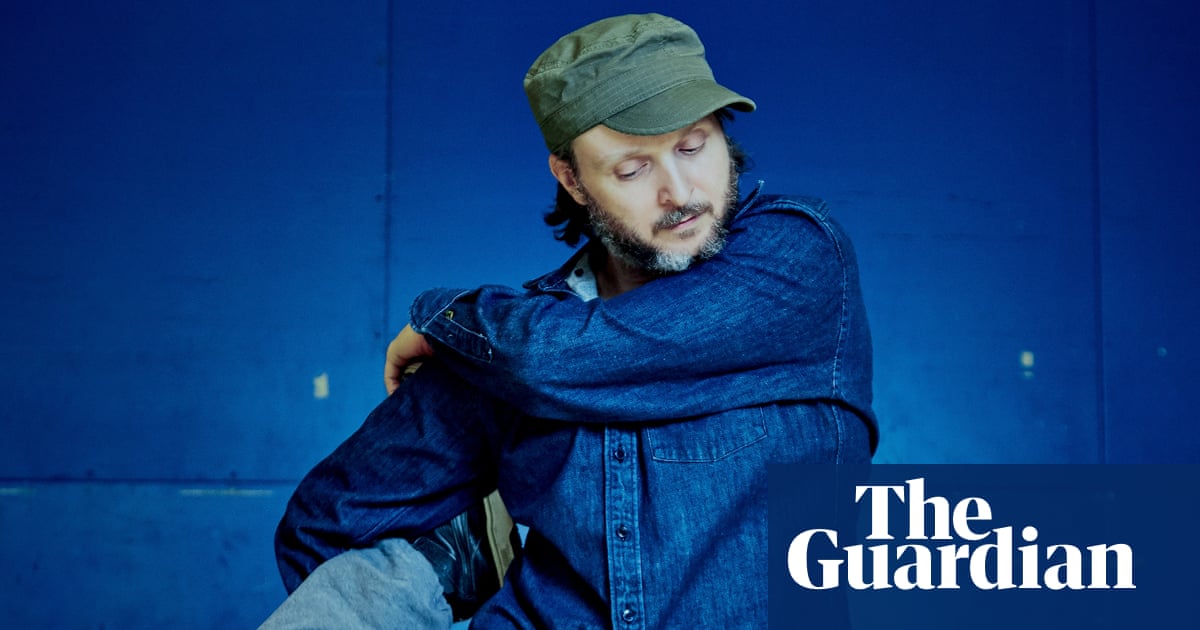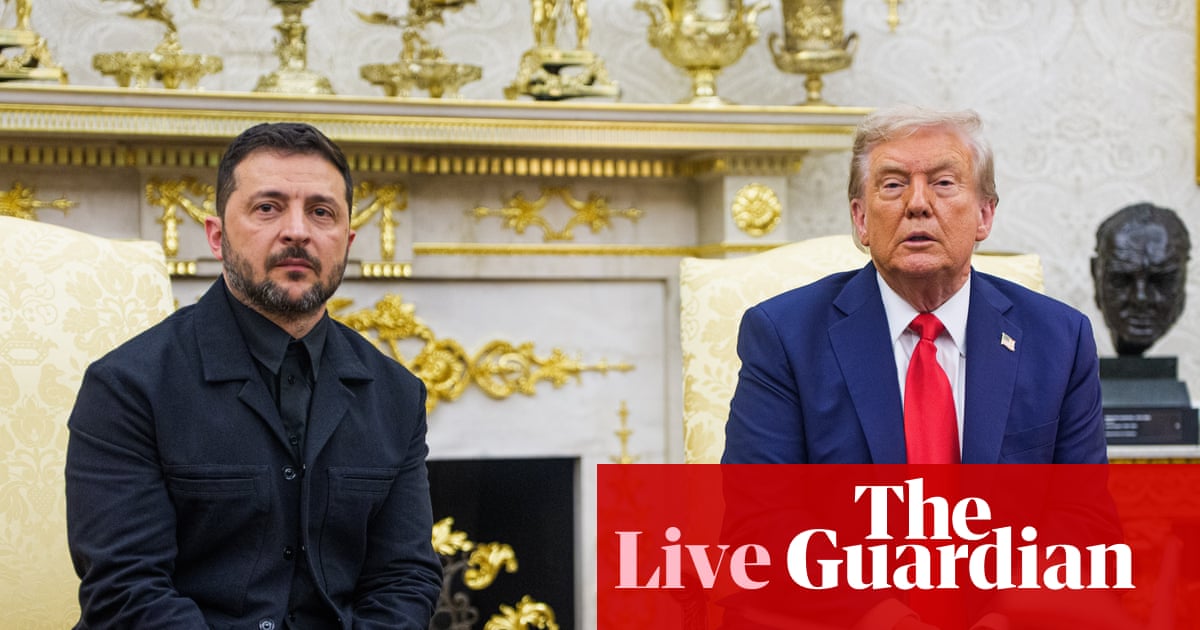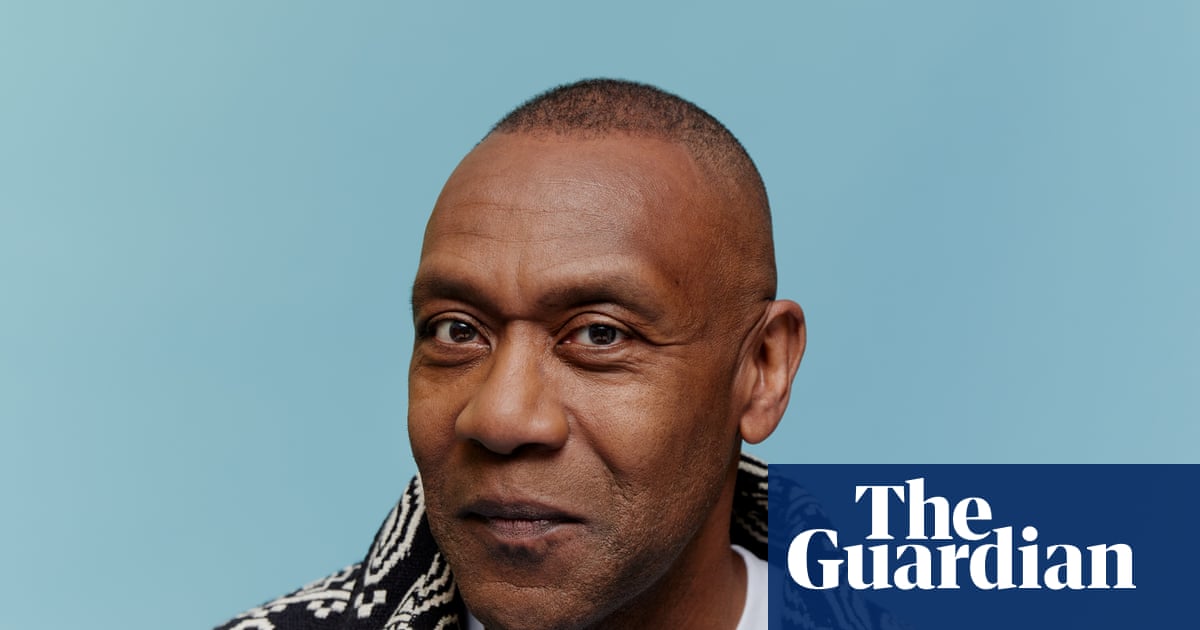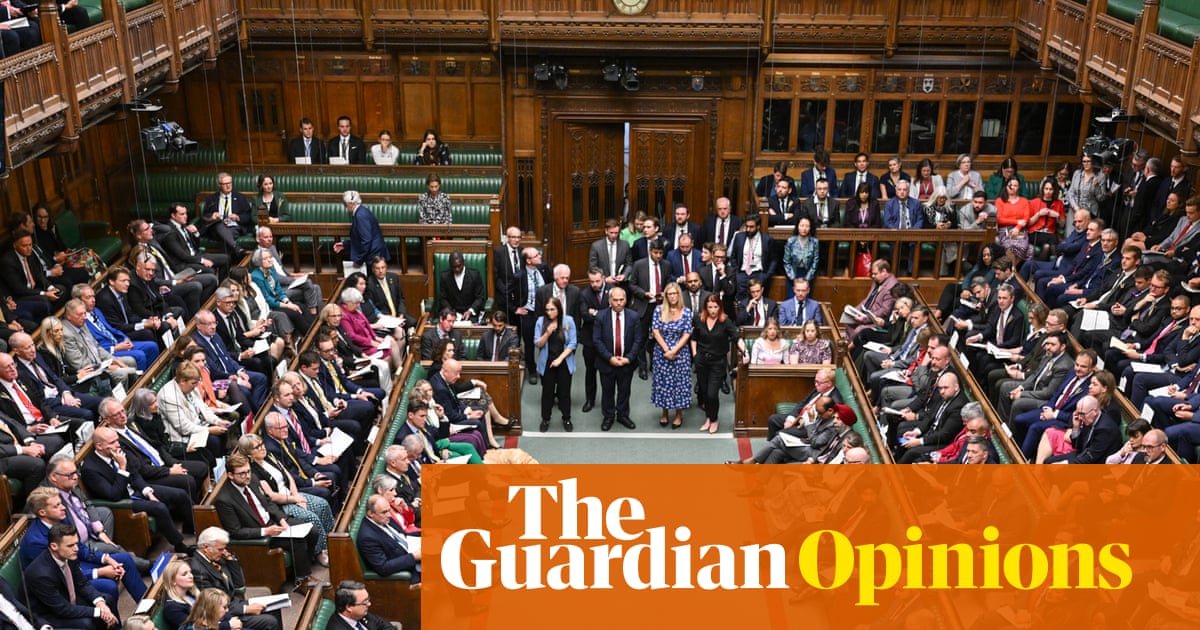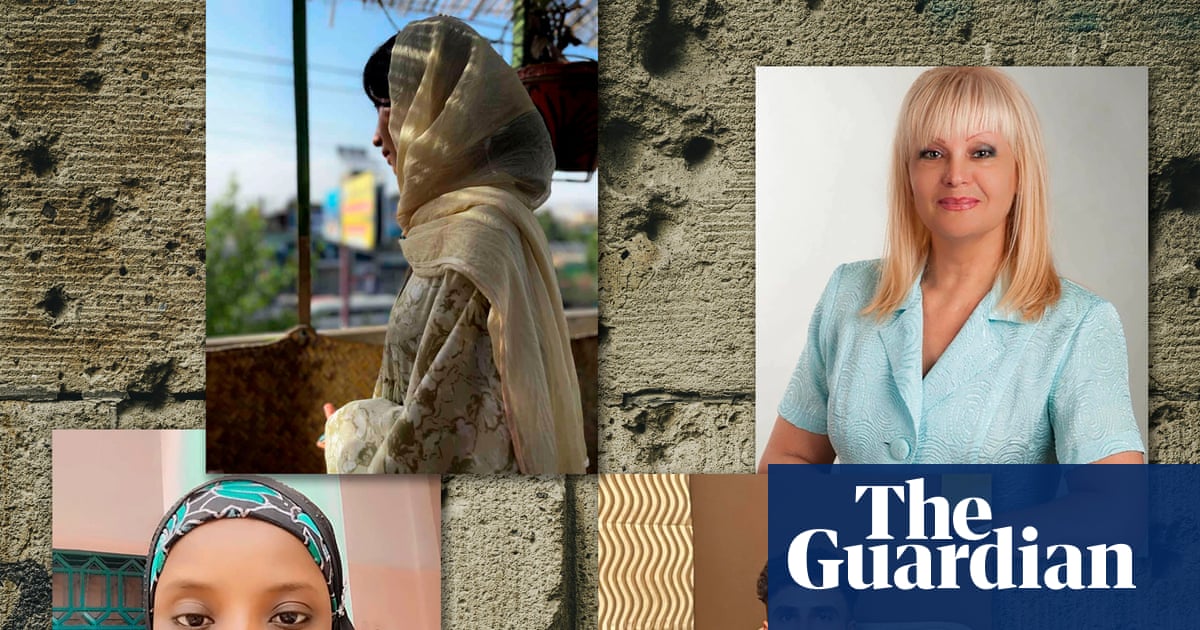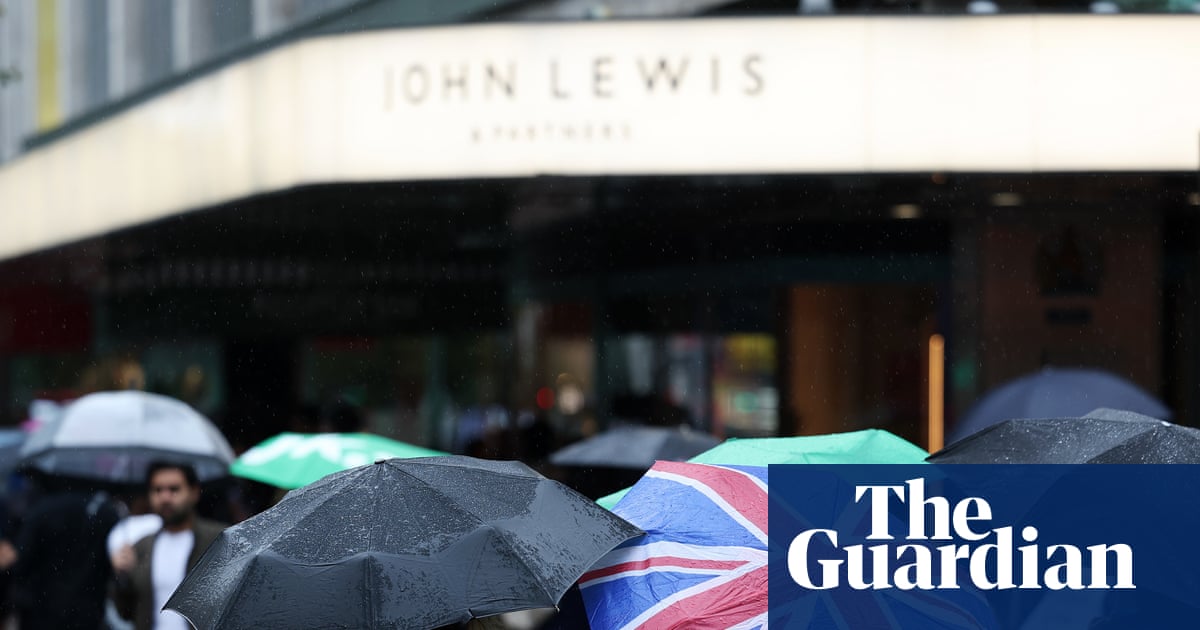On 20 May, the secretary-general for humanitarian affairs at the United Nations stated that 14,000 babies would be dead unless the blockade was lifted immediately. The day before, the former Knesset member Moshe Feiglin said: “Every child in Gaza is the enemy.” And now, world leaders in the UK and France threaten vague “concrete actions” if Israel “does not cease the renewed military offensive and lift its restrictions on humanitarian aid”. But undefined “concrete actions” are woefully insufficient. To those leaders I say: Gaza’s children cannot eat statements.
Bezalel Smotrich, the Israeli finance minister, declared last week: “We are destroying everything in Gaza, the world isn’t stopping us.” So let’s say what must be said, without apology: military intervention to defend Gaza is not only justified – it is required. It is humanitarian. It is overdue. Israel must be stopped.
A no-fly zone must be set up around Gaza to prevent further aerial bombing; and a coalition of willing states should come together to form a corridor to 1) end Israel’s colonial mechanism that is set to take 65% of Gaza’s land and 2) allow for the immediate dispersal of humanitarian aid. Military intervention should not merely be aimed at pausing the killing – it should be used to protect Palestinians’ right to exist as a people, with dignity, sovereignty and full unconditional control over their land and futures.
The latest UN announcement about the risk to Gazan babies follows others from the Israeli prime minister’s office that make Israel’s intention to destroy Gaza unmistakably clear. On the recommendation of the Israeli army, they said they would allow in a “basic amount of food” to the south of Gaza – but not out of mercy, not to save lives. The stated reason: to prevent famine from undermining the coming ground invasion, to clear space for “intense fighting”. In other words, aid would be permitted only to fuel further ethnic cleansing. Food not as relief, but as relocation. Nutrition as a tool for displacement. Netanyahu claimed that international pressure, including from pro-Israel Republican senators and the White House, required the appearance of humanitarian intervention. “Our best friends in the world – senators I know as strong supporters of Israel – have warned that they cannot support us if images of mass starvation emerge,” he said.
Israel recognizes that their mass extermination can only continue as long as world leaders are able to forego any criticism for allowing starvation, they allow the world to absolve their guilt so long as Gazans can be bombed with quarter-full stomachs. But world leaders cannot claim ignorance now. After all, Netanyahu gave his Amalek speech on 28 October 2023, in which he said the “entire people” of Gaza are “an evil” and that Israel is “committed to eradicating this evil from the world”. Intentions were always clear.
It came days after the launch of Operation Gideon’s Chariots, a military campaign named after a biblical flood. The leaflets dropped over Gaza showed parted waters swallowing buildings, the Star of David glowing like a weapon. A “righteous conquest”, they called it. This is not subtle. This is a manufactured to make genocide look like a holy war. It is genocide marketed as prophecy. And still, no western leader has intervened to stop this madness.
But here we are. Counting the dead and then doubting them. Watching 61,700 people be exterminated while the world argues about food trucks. And still – still – they tell us that help is coming. That humanitarian aid is arriving. That the system is working.
Let’s be honest. Humanitarian aid is not arriving. Law is not arriving. The only thing arriving in Gaza is more bombs.
We have tried the petitions. We have written the letters. We tried peaceful protests and encampments. We have submitted the evidence. We have watched the Geneva conventions recited like prayer, while their every clause is violated. We have waited for the ICC to act while the United States rushes more weapons to the border. We have watched food convoys bombed, aid workers executed, newborns starved. We are not unreasonable. We are simply not willing to die politely.
Military intervention is not some imperial fantasy we borrow from the west. It is a mechanism built into the very structure of international law. Article I of the genocide convention requires states not only to punish genocide but to prevent it. The responsibility to protect doctrine (R2P), adopted in 2005 by every member of the United Nations, asserts that when a state is “manifestly failing” to protect its population – or, as in our case, actively trying to destroy it – other states are obligated to intervene, not encouraged, obligated.
And yes, there is precedent. In Kosovo, Nato intervened in 1999 after mass killings and the threat of further ethnic cleansing. In East Timor, a multinational force deployed to halt atrocities committed by militias supported by the Indonesian army. In Libya, security council resolution 1973 authorized military action “to protect civilians and civilian-populated areas under threat of attack”. Each time, the world acknowledged that force was the only viable form of protection. That sovereignty could not shield slaughter. That delay meant graves.
So why not now? Why not for Palestinians? Is it that our children starve too quietly? That our bodies do not make for good television? Is it because the bombs are labeled “Made in America”?
No one is asking for occupation. No one is asking for invasion in the name of oil, democracy or flags. We are asking for survival. We are asking for the same intervention that has been carried out for others when the death toll passed a certain threshold. Gaza is not asking to be exceptional. Gaza is asking not to be abandoned.
Military intervention is not violence – it is what stops violence. It is not the failure of law – it is its fulfillment. And it is the last remaining form of aid Israel has not managed to bomb, blockade or twist into a weapon of war. Airdropping rice into craters is not aid. Aid is removing the cause of the starvation. Aid is opening the checkpoints, not filming them. Aid is armored vehicles securing corridors for ambulances that no longer have to lie about their destinations to avoid being blown apart. Aid is ending the killing – not watching it with subtitles.
Because at some point, the diplomatic language stops sounding like caution and starts sounding like complicity. And if the people who write the laws will not enforce them, then we must conclude what Palestinians have always suspected: international law is an illusion and one not meant for us.
Before October 2023, I never thought I would see a father carrying the parts of his son in a bag. I never thought I’d hear a child whisper from beneath rubble, her voice small, her terror enormous: “Come get me.” I never thought I’d watch families burn in white tents outside bombed hospitals, or find toddlers swollen from hunger in the arms of mothers too weak to weep. I never thought I’d see doctors stitch wounds without anesthesia, perform amputations with kitchen knives, sterilize blades with cigarette lighters. I never thought I’d live through the genocide of my people was broadcast live – and still called “complicated”.
But if there is still a use for law, if there is still any value to the word humanitarian, then act like it. The last aid left is force. Gaza cannot wait any longer.
-
Ahmad Ibsais is a first-generation Palestinian American, law student and poet who writes the newsletter State of Siege

 3 months ago
162
3 months ago
162

